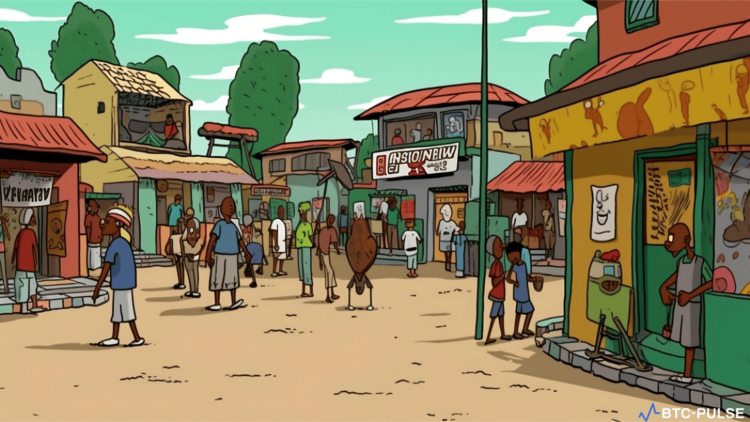Understanding the Language Challenges
In a recent event, industry stakeholders congregated at the Stakeholders in Blockchain Technology Association of Nigeria (SIBAN)’s Digital Assets Summit 2023 held in Abuja to discuss the pressing issues pertaining to blockchain education in Nigeria. One of the critical challenges identified was the language barrier, given the linguistic diversity in the nation with over 500 languages spoken.
Bitkova Academy’s Stand
Bello Usman Abdullahi, the COO of the Bitkova Academy, emphasized that one of the substantial hurdles in the promotion of blockchain and Web3 awareness in Nigeria is the language barrier. He pointed out that the technical jargon associated with blockchain technology poses a challenge, more so given the linguistic diversity in Nigeria.
The Role of Local Blockchain Hubs
Addressing the issue at hand, local blockchain hubs have taken a significant step by initiating education in local Nigerian languages to foster understanding of blockchain technology among individuals. The initiative aims to bring clarity to what Satoshi Nakamoto envisioned while developing this revolutionary technology.
Government Intervention and Its Impact
Abdullahi underlined that educating individuals in local languages would play a pivotal role in eradicating the fear and negativity that enveloped the citizens due to the actions of the Central Bank of Nigeria (CBN) and the government. In 2021, the CBN severed ties with local banks and cryptocurrency exchanges, which inadvertently led to adverse perceptions regarding blockchain and cryptocurrency.
A Look at Current Trends
Unfortunately, these actions have had a long-lasting impact, with Nigeria witnessing a decline in crypto interest. Google Trends data confirms a slip from the top position to the second globally in search interest for Bitcoin. Abdullahi believes that a tailored education pathway, focusing on native languages, can potentially revive the interest and foster a better understanding of blockchain technology.
Conclusion
As Nigeria navigates the complex landscape of Web3 education, the initiative to incorporate local languages in educational modules presents a beacon of hope. Through a concerted effort from stakeholders like the Bitkova Academy, there is an optimistic outlook towards breaking down the language barriers, thus facilitating a more inclusive approach to blockchain technology education in Nigeria. It remains to be seen how these efforts will shape the future of blockchain in the country, but the first steps towards inclusivity and understanding have certainly been taken.










